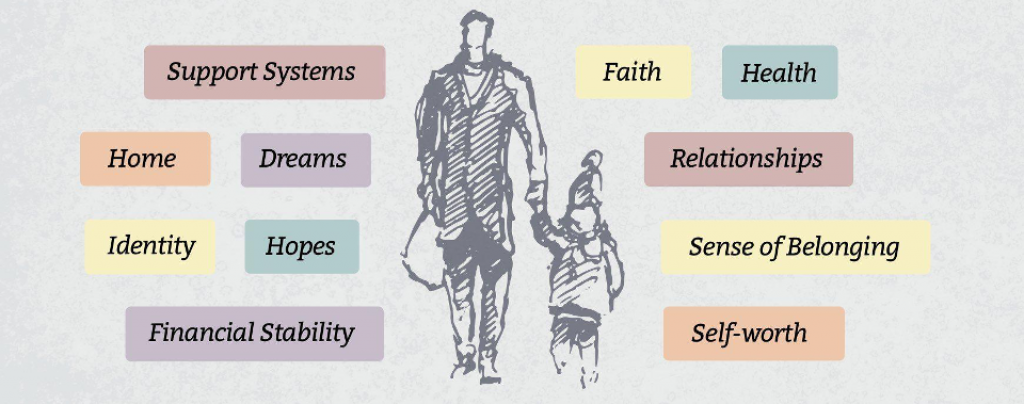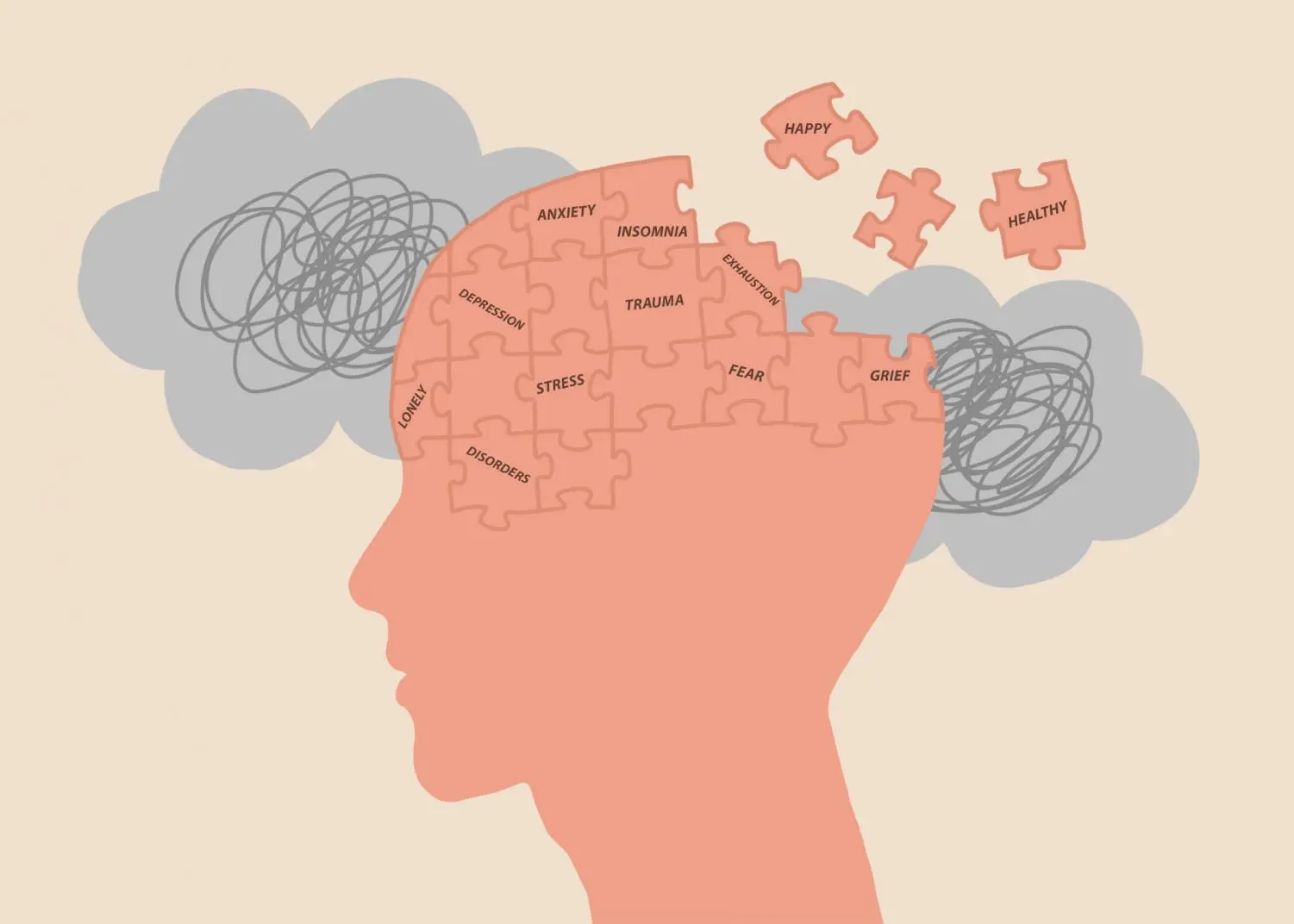Lately, Mental Health has been in the limelight and rightly so. Loss in particular has been a hot topic: after the intense pandemic period, many were forced to continue to work whilst they dealt with feelings of loss and bereavement. In this article we look at the types of loss and how understanding them can help in leadership coaching.
20 Types of Loss
According to our research (Menaul and Joao, 2019) and the work of authors James and Freidman (2009) confirm there are over 20 types of loss: Infertility; Childlessness; Identity change including gender transition; Carer’s grief; Menopause (possible loss of libido, loss of identity, loss of childbearing capability); Redundancy/being fired; Family estrangement/lost custody or access; Ageing; Divorce; Death of a spouse or former spouse/family/friends; Major health changes – loss of health more than most factors causes people to feel vulnerable leading to loss of safety especially losing the ability to be physically active; Start/end of addictions; Legal problems; Empty nesters; Death of a pet; Marriage; Moving (house/school/workplace) – moving is a major loss for children so as an adult this can get triggered by future moves (Hilpern, 2014); Graduation; Retirement; Holidays.

As you can see many can be considered positive, but nonetheless may result in the same signs of bereavement, such as change in eating habits or disruption on sleep patterns, mood swings or reduced concentration.
What we notice is that with age the likelihood of experience several of these losses increases and there is a great chance that they end up being explored in the coaching room, even in a session that is linked to leadership coaching.
The role of loss in coaching
Dealing with bereavement doesn’t follow a specific recipe and each journey is unique to each individual. Some will externalise it until they don’t have anything else to show, others will internalise it trying to hide it as much as they can, still others will try to compartmentalise as much as possible. However, the event will impact who we are, to the point that our own identity might be affected. I have witnessed many executives in their introductions to describe themselves as an “empty nester” alluding to their children reaching adulthood and leave home for different endeavours. Or demonstrating their distress due to their upcoming retirement and not wanting to be called “retired”.
I find our pursuit for labels in general interesting and how we associate these labels with feelings that might empower us or hinder us.
In coaching, we work with the person to go beyond the words, exploring feelings, sensations the body is expressing and somehow our overcrowded calendar doesn’t allow us the time and the headspace to explore. We mind the values and beliefs that are showing up in the speech of our client, not only by words but also body language, posture, voice tone. That’s why it is so important to be present and allow our listening skills to identify them and offer this space where the person can just be, not feeling judged.
Bereavement is this feeling of being deprived of someone or something we value. It comes with sorrow, grief, desolation and deprivation. In some situations, we don’t want to feel like that, but don’t manage to find the strengths to overcome that feeling and fight back to your old self. I see bereavement almost like a gate. There is something before this gate and something beyond it. There is my old self and my new self. Getting to learn how to live with the new self is sometimes that can be hard and when coaching cannot help the right move is to refer the client to another professional who can.
Complexities of loss in leadership coaching
Some of the mental health issues are very clearly identifiable because they fit the black and white frame. What about those issues that fall into the grey areas? Where it is not as visible the person is distressed, when they are masters in disguising it?
 How many of the executive clients are like that, suffering from an acute bereavement, not being on top of their game, far from that, but can hide it so well that people don’t see it, don’t care to see it and to look for it. These are the people we also need to have an eye out for, because they clearly need our help and can’t find their voice to call for help, because (who knows) they aren’t even aware there is help out there that will support them navigate through these waters, learning about themselves and their triggers on the way, strengthen their values and increasing their self-awareness and the awareness about the impact they have on others and vice-versa.
How many of the executive clients are like that, suffering from an acute bereavement, not being on top of their game, far from that, but can hide it so well that people don’t see it, don’t care to see it and to look for it. These are the people we also need to have an eye out for, because they clearly need our help and can’t find their voice to call for help, because (who knows) they aren’t even aware there is help out there that will support them navigate through these waters, learning about themselves and their triggers on the way, strengthen their values and increasing their self-awareness and the awareness about the impact they have on others and vice-versa.
Leadership Coaching at Shiftbalance
Shiftbalance’s network of experts includes many certified coaches, including the author of this article, with expertise in mental health. We also provide Leadership Coaching as a core service. If you know of someone who might fall into this grey area let us know, or if you are in fact someone who is going through stressful situations caused by any type of loss, reach out to us, so we can partner with you and create a safe space where you can be yourself and help you process the journey you are going through.
Author: Maggie João, MCC









